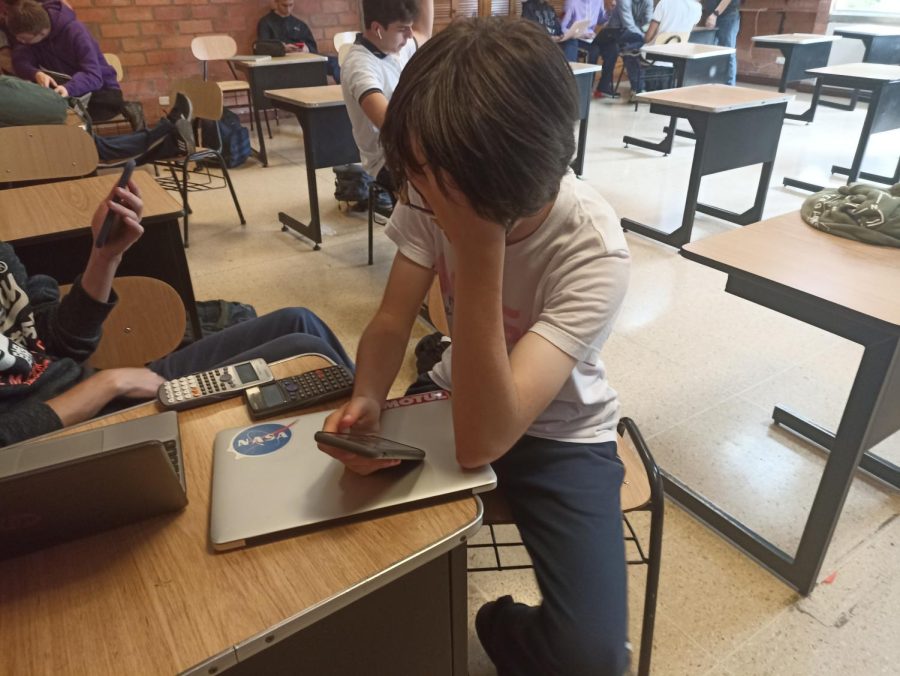Social Media: More Pain Than Gain
45% of middle and high school students who were surveyed worry they are not attractive when compared to other people. 35% worry they’re not good enough for their friends. 96% of the students use social media regularly.
The first issue that shows up when teens use social media is the loss of basic social skills. According to ChildMind.org, teens who spend most of their time talking to a screen instead of another person don’t develop the same abilities as other people, making it harder for them to keep up and understand a regular conversation. These abilities could be social cues, facial expression, tonal changes, hand movements, and quick word choice.
According to Dr. Catherine Steinder-Adair, a graduate of Harvard University in Counseling and Consulting Psychology, by texting each other as a means of communication, kids are missing out on critical social skills. It puts them in a nonverbal disabled context, where body language, facial expressions, and voice changes are made invisible.
Another issue that comes up is that teens lower the risk by talking through text. Whether making new friends or just talking to your family, there are certain risks involved, like having serious conversations, addressing important issues, or telling others about important moments in your life. These conversations are always crucial to relationships, as it allows everyone involved to better understand each other, but by developing most of the friendship through text, it is much easier to avoid facing them. By doing this, they’re allowing low self-esteem and anxiety to have an effect on them.
The commercial world constantly tries to sell us the idea of the perfect man or the perfect woman, a problem which was crept up on teens using media. When adolescents see how great influencers and how many likes they’re getting compared to the, it seriously damages their self-esteem.
According to Dr. Steiner-Adair, girls especially are victims of constantly comparing themselves to others, making it harder to develop their identities. It makes them more vulnerable to the downsides of social media.
Adolescence is the most critical stage in life when trying to define your identity. It is the age range in which kids experiment the most, trying to find what they like and don’t like. However, it is also their most emotionally vulnerable stage. According to the National Institue of Mental Health, teens are the most vulnerable to feelings of anxiety out of anyone else. For teens who constantly desire validation, and make their looks the most important aspect of their lives, this is horrifying.
Parents are more involved in this issue than one might think. As kids, everyone tries to be like their parents or find approval for certain things, so when a child sees their parents coming home from work already stuck to their cellphones, those children are taught that using your phone as much as possible is okay, and in fact, encouraged.
According to Dr. Steiner-Adair, it’s the moments when parents are too focused on their own devices and their own interactions, that the relations with the child become diluted.
The best way to get children from using their devices so much, is to stop the adults first. Some ways a parent can incentivize a teen to use their devices less is by helping them with their homework, talking with them, going out with them. By doing more things with them, you can help them find things they enjoy doing, and make new hobbies. By focusing on other projects they have a passion for, they can avoid the self-esteem and anxiety issues related to using social media regularly.
At first, social media seems like a creative and fun way to interact with everyone in one’s life, but it can get out of hand quickly. If not handled properly, constant usage of social media can greatly damage a growing teen’s mental health, and self-esteem. The key is in not letting it define who you are, and using it as a way to pass the time instead.




